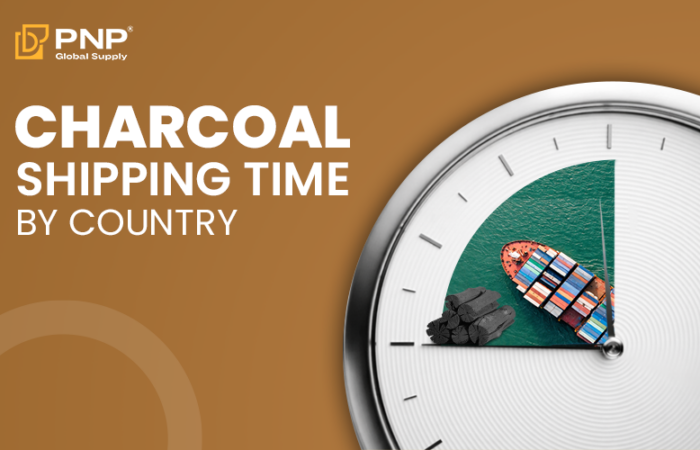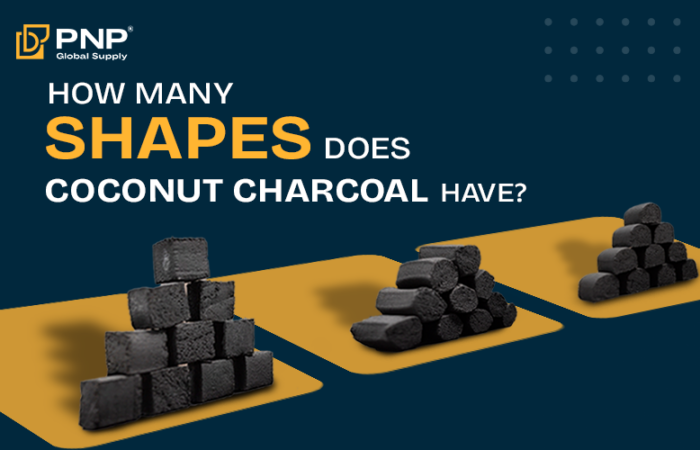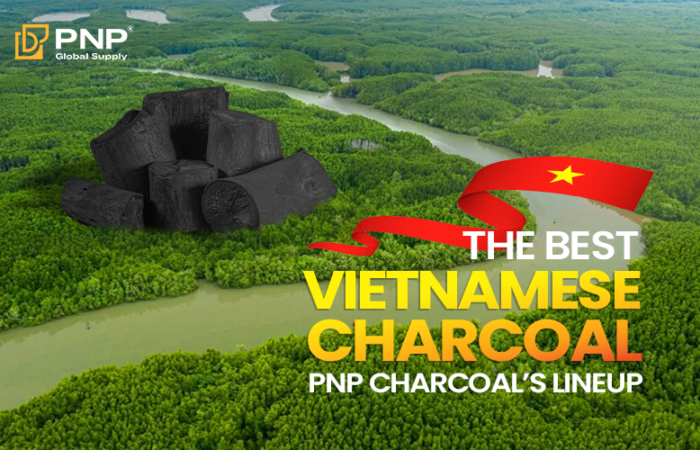As demand for premium BBQ charcoal surges in the Middle East, charcoal export to Dubai has become a major opportunity for manufacturers and traders worldwide. Known for its booming hospitality and restaurant scene, Dubai heavily relies on imported charcoal for both commercial and domestic use. Whether you are one of the established charcoal bulk suppliers or a newcomer learning how to export charcoal, this guide walks you through essential steps to succeed in this competitive market.
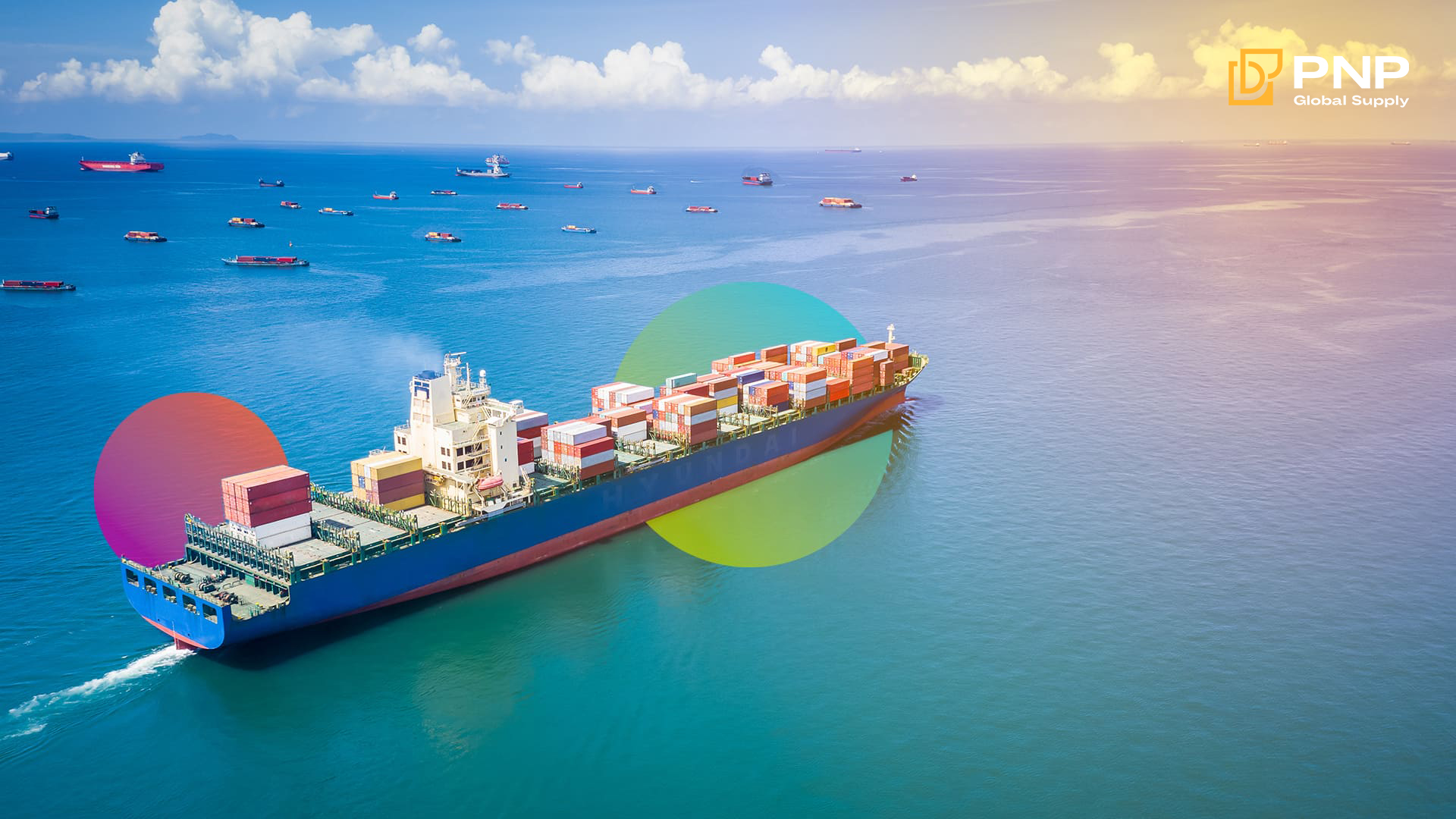
Why Focus on Charcoal Export to Dubai?
Dubai stands out as a high-potential market for export charcoal due to several factors:
- Thriving restaurant industry: Dubai’s dining scene demands consistent, high-performance charcoal, especially from trusted restaurant charcoal suppliers.
- Growing retail consumption: Supermarkets and lifestyle stores stock a variety of BBQ charcoal brands, catering to locals and expats.
- Seasonal demand spikes: Periods like Ramadan and New Year see increased outdoor cooking and BBQ parties.
- Attractive margins: Limited domestic production leads to higher import prices, benefitting charcoal bulk suppliers.
Charcoal Types Preferred in Dubai
To succeed with charcoal export to Dubai, suppliers must align their offerings with the specific needs of local restaurants, distributors, and retailers. Preferred charcoal types in this market include:
- Mangrove charcoal: Delivers high heat output, long burn duration, and low ash—ideal for commercial grilling.
- Coffee charcoal: A rising star in the market thanks to its sustainable origin, dense structure, and stable burning performance.
- Sawdust charcoal: Engineered into uniform shapes (e.g., briquettes), offering consistent quality and efficient packaging.
- Coconut shell charcoal: An eco-friendly option that burns cleanly and steadily, popular among health-conscious and high-end users.
- Kaya charcoal: Known for its dense texture, slow combustion, and minimal smoke—suitable for upscale grilling applications.
Restaurant charcoal suppliers in Dubai prioritize charcoal that is smokeless, long-burning, and leaves little residue, making these five types especially competitive in the UAE market.
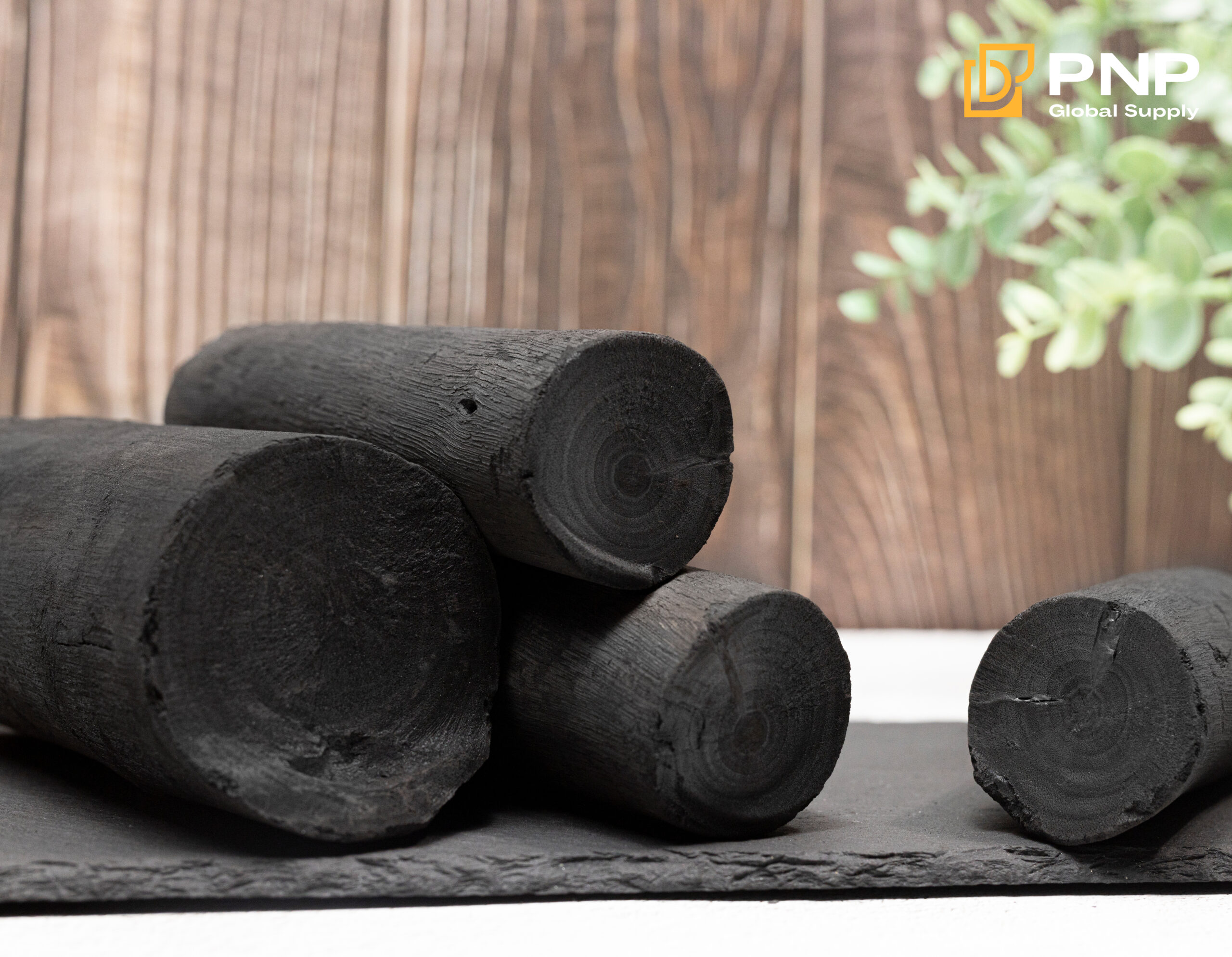
How to Export Charcoal to Dubai Effectively
Wondering how to export charcoal to the UAE? Here’s a proven export roadmap:
Step 1: Prepare Your Product
- Ensure proper carbonization and drying to meet Dubai’s quality expectations.
- Pack in standard sizes (5kg–20kg) with clear labels in English and/or Arabic.
- Conduct lab testing for carbon content, moisture, and calorific value.
Step 2: Meet Dubai’s Import Requirements
- HS Code: 4402.90.00 (applies to most charcoal types).
- Comply with ESMA (Emirates Authority for Standardization and Metrology).
- Secure Certificates of Origin and Phytosanitary Certificates.
- Clarify with buyers if third-party inspections are required pre-shipment.
Step 3: Plan Logistics and Shipping
- Jebel Ali Port is the main hub for charcoal export to Dubai.
- Use pallets and waterproof liners for container shipments (FCL is preferred).
- Choose between 20ft and 40ft containers based on your volume – a 40ft holds up to 24 tons.
Step 4: Partner with Export Agents or Freight Forwarders
These professionals help you with:
- Customs clearance
- Documentation
- Warehousing and last-mile delivery
Who Buys Export Charcoal in Dubai?
Dubai’s BBQ and hospitality sector consists of multiple buyer segments:
- Restaurant Chains & Catering Firms: They source directly from restaurant charcoal suppliers offering high-performance, uniform-quality charcoal.
- Distributors and Charcoal Bulk Suppliers: Buyers often prefer long-term contracts and full-container deals. Collaborating with charcoal bulk suppliers in Dubai or Sharjah helps widen your market access.
- Retail Chains and Supermarkets: These outlets stock consumer-size packages (2–5kg). For this segment, retail-ready packaging, barcoding, and attractive labeling are crucial.
Documentation Checklist for Charcoal Export to Dubai
To ensure smooth charcoal export to Dubai, prepare these key documents:
- Commercial Invoice
- Packing List
- Bill of Lading
- Certificate of Origin
- Phytosanitary Certificate
- Lab Test Report (if requested)
- Export Declaration
Accurate paperwork speeds up customs clearance and reduces the risk of delays or penalties.
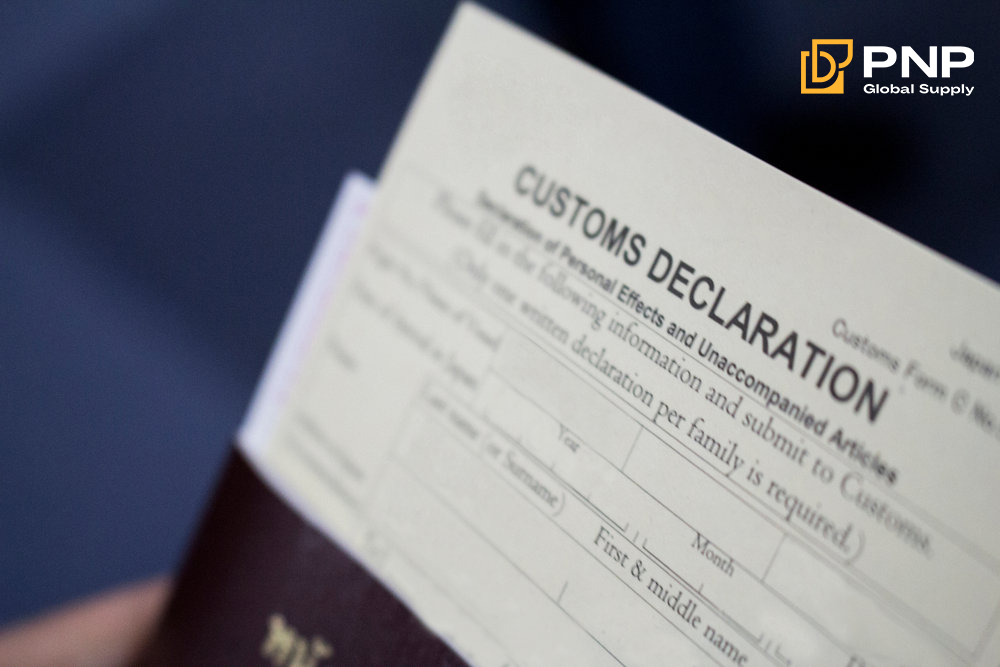
Best Practices for Charcoal Bulk Export
Charcoal bulk suppliers must optimize logistics to maintain quality:
- Avoid loading during rainy seasons to prevent moisture damage.
- Use moisture-barrier liners inside containers.
- Always verify weight and product standards before shipment.
- Plan exports in advance of BBQ-heavy seasons like Eid or winter holidays.
Pricing and Terms for Export Charcoal
When pricing for the Dubai market:
- Benchmark your offers against other restaurant charcoal suppliers.
- Factor in costs like packaging, freight, VAT (5%), and customs duties.
- Offer flexible terms: FOB, CIF Jebel Ali, or DDP as requested by the buyer.
CIF pricing is particularly preferred in Dubai due to simplicity and buyer convenience.
Challenges in the Dubai Charcoal Export Market
Even a growing market like Dubai comes with challenges:
- Customs holdups due to incomplete or incorrect paperwork.
- Rejections over moisture or ash levels.
- Freight disruptions or container shortages.
- Increasing demand for eco-certifications and sustainability.
Addressing these issues early with quality control, professional documentation, and strong buyer communication is key.
Building Long-Term Trade Relationships
To become a trusted name in charcoal export to Dubai:
- Join events like Gulfood, Dubai International Hospitality Week, or charcoal expos.
- Promote your business on B2B platforms like Alibaba, Tradeling, or ExportHub.
- Collaborate with local Arabic-speaking agents for better buyer engagement.
- Offer samples or small test orders to gain initial trust.
Consistency in quality and reliable delivery schedules are what Dubai buyers value most.
Discover why the UAE has become Vietnam’s second-largest charcoal export market in West Asia in the article below: UAE – VIETNAM’S SECOND LARGEST CHARCOAL EXPORT MARKET IN WEST ASIA
Conclusion
The path to successful charcoal export to Dubai involves more than just shipping a product, it’s about understanding the market, complying with regulations, and nurturing buyer trust. Whether you’re a seasoned exporter or just learning how to export charcoal, aligning your offering with the expectations of restaurant charcoal suppliers and charcoal bulk suppliers in the UAE can open doors to a profitable, long-term venture.
________________________________
Contact us for more information
Facebook: PNP Charcoal
Instagram: PNP Charcoal
Email: info@pnpglobalsupply.com

